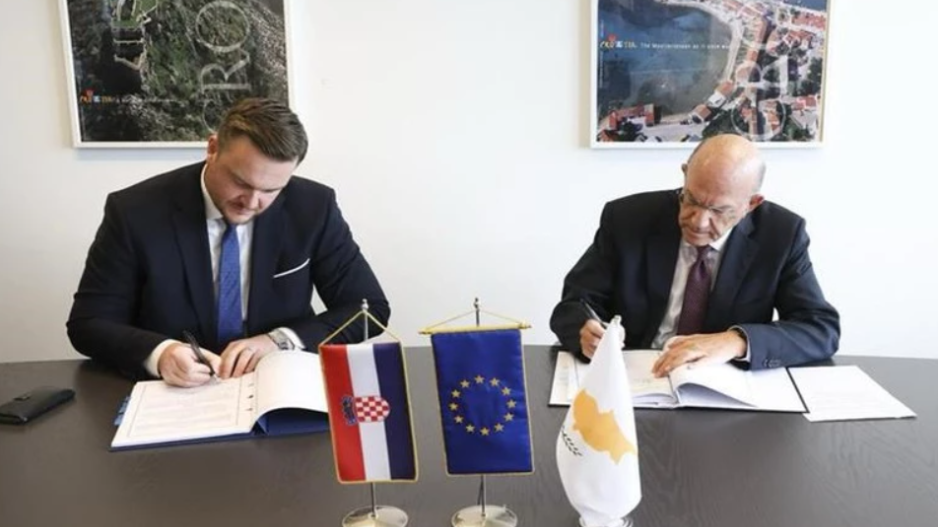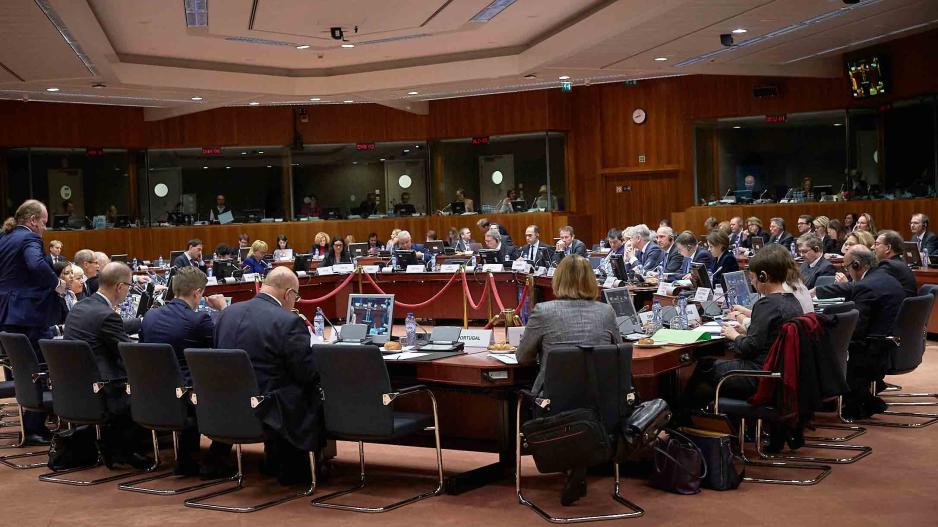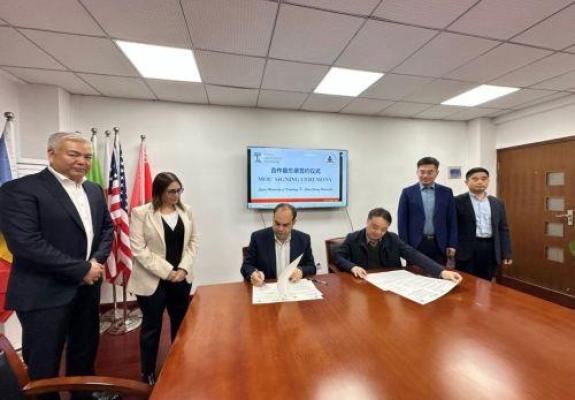Finance Minister Calls for Sustainable Economic Reforms in EU
At the ECOFIN meeting, Cyprus and Croatia Strengthened Economic Bonds with Updated Anti-Double Taxation Agreement
Finance Minister Makis Keravnos has emphasized the need for the European Union's new economic governance framework to focus on maintaining sustainable public debt. He also advocated for sustainable development initiatives across member states, underpinned by reforms and investments in digital transformation and energy transition.
This statement came during Keravnos's participation in the Eurogroup meeting and the Economic and Financial Affairs Council (ECOFIN), which took place in Luxembourg from 16th to 17th October, as mentioned in a Finance Ministry press release.
At the Eurogroup meeting, finance ministers, including Keravnos, engaged in a meaningful dialogue with US Treasury Secretary Janet Yellen. Their discussions centered on the economic outlook and the unique challenges confronting both the US and Europe amidst today's volatile global scenario. The attendees underscored the significance of persisting in transatlantic economic discussions to navigate these challenges more effectively.
The focal point of the Council of Finance Ministers' meeting was the proposed overhaul of the European Union's economic governance structure. Delving deeper into the topic, Minister Keravnos reiterated that the revamped framework must prioritize sustainable public debt. He emphasized promoting sustainable development across EU nations by investing in the digital and energy sectors.
Keravnos highlighted the urgency of finalizing a consensus on this framework by 2023. This would pave the way for its implementation in 2024, coinciding with the conclusion of the temporary fiscal leniency granted since 2020 due to the pandemic.
The Council meeting also saw the approval of updated recovery and resilience blueprints for five member states. These plans now include strategies to address the complexities resulting from Russia's incursion into Ukraine.
In addition to the main event, Minister Keravnos had a one-on-one discussion with Lithuania's Finance Minister, Gintarė Skaistė. Their conversation primarily revolved around the revamp of the EU's economic governance structure, the press release noted.

Moreover, at the ECOFIN meeting in Luxembourg, the Republic of Cyprus and the Republic of Croatia solidified their economic ties by signing a revised Agreement and Protocol to counteract double taxation related to income and capital taxes, while also curbing tax evasion and avoidance.
This newly-signed Agreement, endorsed by the Cypriot Finance Minister, Makis Keravnos, and his Croatian counterpart, Marko Primorac, is an update to a prior agreement from 1985. This earlier accord was initially between the Republic of Cyprus and the Socialist Federal Republic of Yugoslavia and remained effective even after Yugoslavia's dissolution.
The Finance Ministry of Cyprus highlighted that the modern Agreement aims to enhance trade and economic connections between the two nations, especially considering Croatia's recent entry into the European Union. Importantly, it offers clarity and security regarding the fiscal treatment of income and capital gains for businesses, institutions, and individuals.
Adhering to international norms, the Agreement aligns with the OECD Model Tax Convention on Income and Capital. It also integrates the key standards of the Base Erosion Profit Shifting (BEPS) project as put forth by the OECD/G20.
The press release emphasized the strategic significance of the Agreement, noting, "Expanding and refining the Double Taxation Agreements network, evident through this significant convention, is paramount for both economic and political realms. Such moves are integral to reinforcing and elevating Cyprus's stature as a global business hub."






